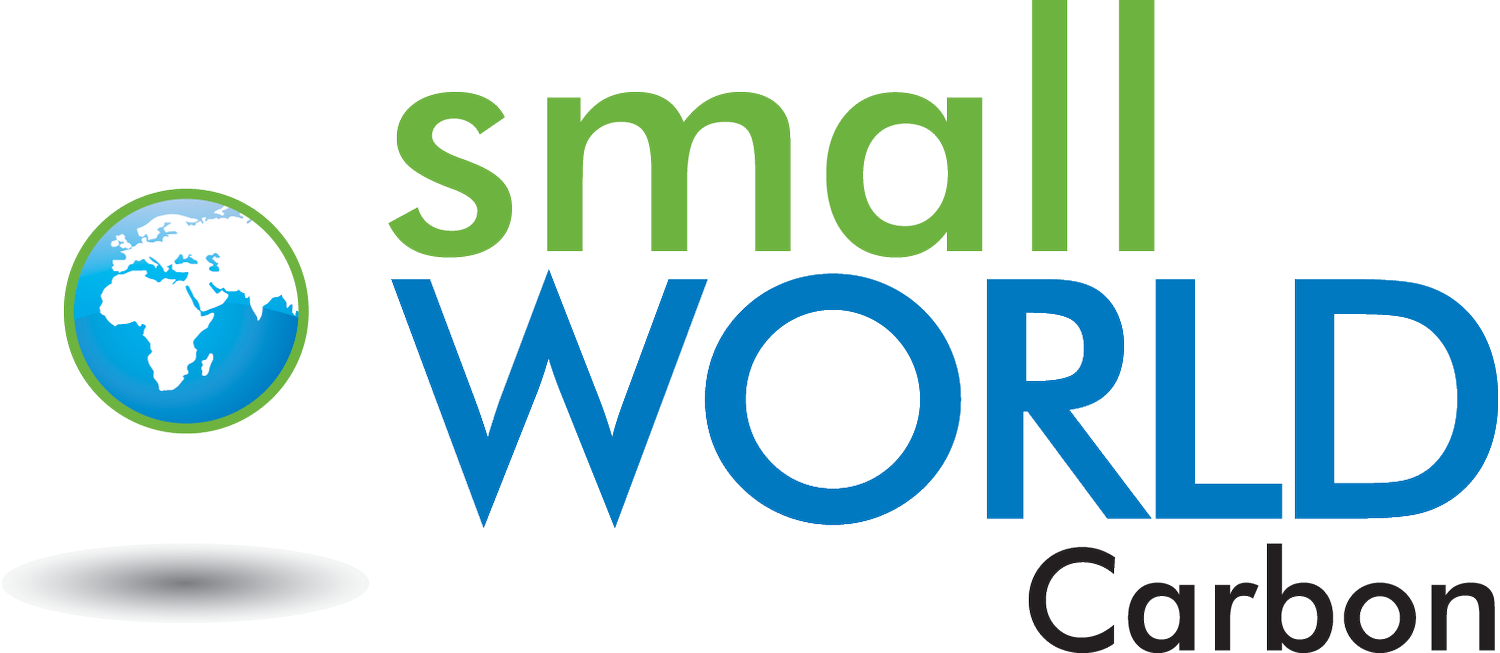We invite you to participate in a consultation for our carbon credit programme that will be registered with the Gold Standard international carbon credit certification body. Your questions and views are very important to helping shape this programme and make it a success. Please read through the information below and submit your questions or feedback as detailed at the end of this message.
NON TECHNICAL SUMMARY
Gold Standard Carbon Credits (Voluntary Emission Reductions)
African Microscale Programme of Activities on Clean Energy
Background
Access to energy is critical for addressing poverty solutions and sustaining growth. Conventional technologies and approaches have not been successful in delivering access to the majority of the Africa’s rural population.
The majority of Africans do not have access to use quality cooking fuels (namely, LPG cooking gas and electricity). The WHO estimates 1.5 million die from indoor air pollution worldwide. Nearly 3 billion people cook with open fires[i], accelerating deforestation which increases the cost and effort to access the fuel. Alternatives such as kerosene commonly have a distribution system that delivers poor quality condensate – laden kerosene that burns with high emissions of soot and particulate matter. Like smoke, contaminated kerosene has also continued to claim lives.
It is unlikely the benefit of grid electricity will be spread to the majority of Africans in the foreseeable future. The International Energy Agency (IEA) reports that only 30.5%[ii] for Sub-Saharan Africa population has access to on grid power today. In many countries, this is unlikely to change in the near future. Further, those that do have access to the grid are often subject to frequent blackouts, resulting in loss of productivity.
Emerging distributed technologies such as improved cook stoves, solar lanterns and energy efficient lighting give an opportunity to address energy access issues. They also have the potential to create substantial and sustainable income in areas where there is high unemployment rate. People are ready to address these issues if given appropriate technology and tools.
Project
The mission is to spread the use of clean, safe, and affordable clean energy as simply and as rapidly as possible. The project will provide affordable solar lanterns, energy efficient bulbs (such as Compact Fluorescent Lamps) and ethanol cookstoves through partners such as Small Scale Entrepreneurship Fundamentals Foundation’s Green Ambassadors.
In addition to reducing CO2 emissions, there are other sustainable development benefits of these technologies. Ethanol Cookstoves minimize environmental impact through reuse of waste material in fuel production; provide access to a high quality fuel that does not emit pollutants, thereby improving the quality of health of local households; reduce the impacts of the rural exodus in the urban areas by increasing quality of life in rural areas; generates work and income in farmer’s dependents and women; opens up the market for other domestic uses for ethanol, such as flashlights, energy generators, tractors, etc., and creates other ways of generating income for farmers through the production chain of sugar cane and cassava, such as sugar or mascavao paper craft from sugar cane bagasse. Solar lanterns improve health problems that result from kerosene fumes not being properly ventilated, provide an alternative to kerosene lighting – which has serious safety problems – and improves fire prevention in homes, encourage literacy by enabling light for high value activities, such as reading at night, and decreasing rural migration by providing better lighting services to rural areas. Energy efficient lighting saves money by reducing the amount of electricity needed to light the home; increases electricity availability in power restricted systems; and reduces maintenance due to the longer lifetimes of the technology.
Role of Carbon Finance
The income from the carbon credits will help subsidize the additional cost of these technologies and create financial incentives for the entrepreneurs that sell them. Income is received only for systems that are in use and so the carbon finance will increase quality and services to those that buy these technologies because there will be constant monitoring of the project.
Partners
Small Scale Entrepreneurship Fundamentals Foundation will act as the lead implementer and coordinator for voluntary project activities. Small World Carbon Finance L3C will act as the managing and coordinating entity for the development of the carbon asset only. Other implementing partners may be added to increase the project’s scope.
Contacts for Questions, Comments and Disputes
Stakeholder feedback for the design consultation is important to help shape the design of the programme. All questions, comments and concerns for the Gold Standard Design Consultation phase must be submitted no later than the 28th of February 2012.
Communication about the carbon credit programme can be sent by email to feedback-at-smallworldcarbon.org or by SMS at +234 8144236106 throughout the duration of the project.
[i] Alliance for Clean Cookstoves http://www.cleancookstoves.org/our-work/the-issues/
[ii] IEA World Energy Outlook – Access to Energy 2009 data http://www.worldenergyoutlook.org/resources/energydevelopment/accesstoelectricity/
